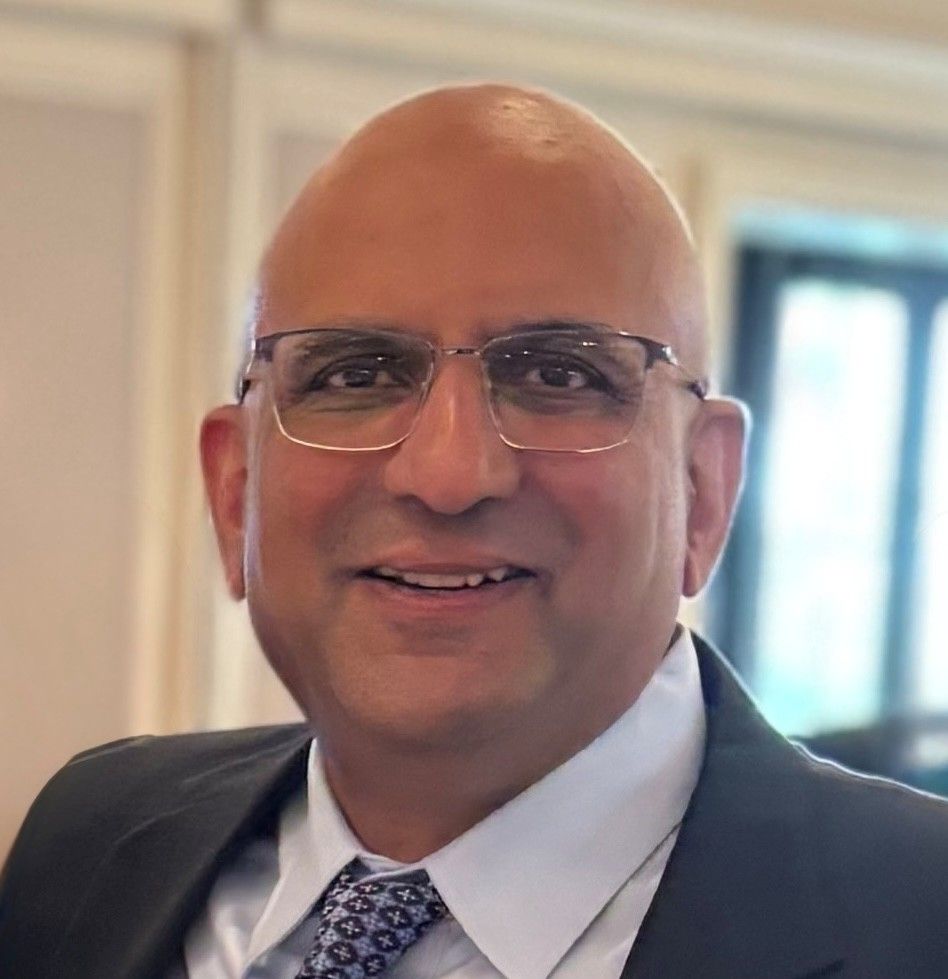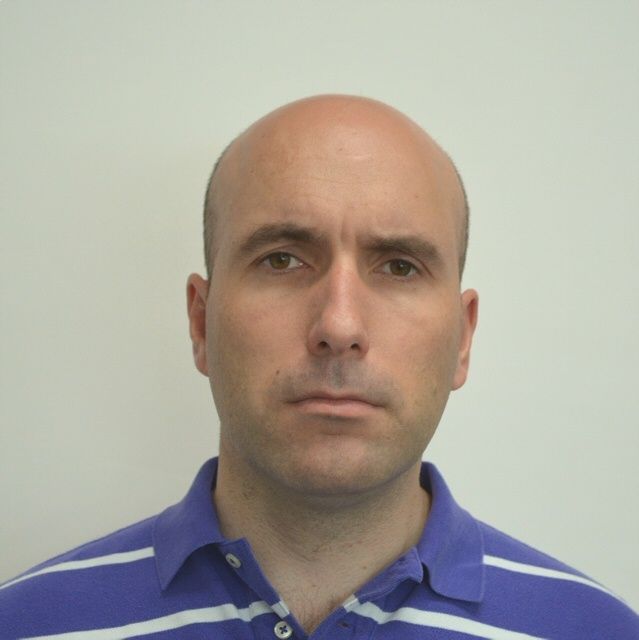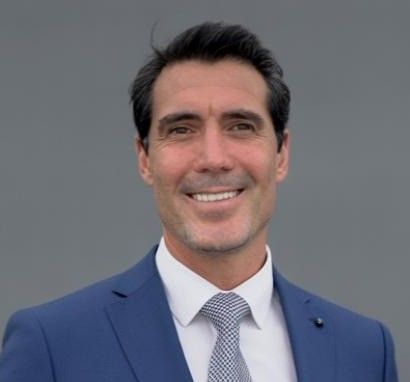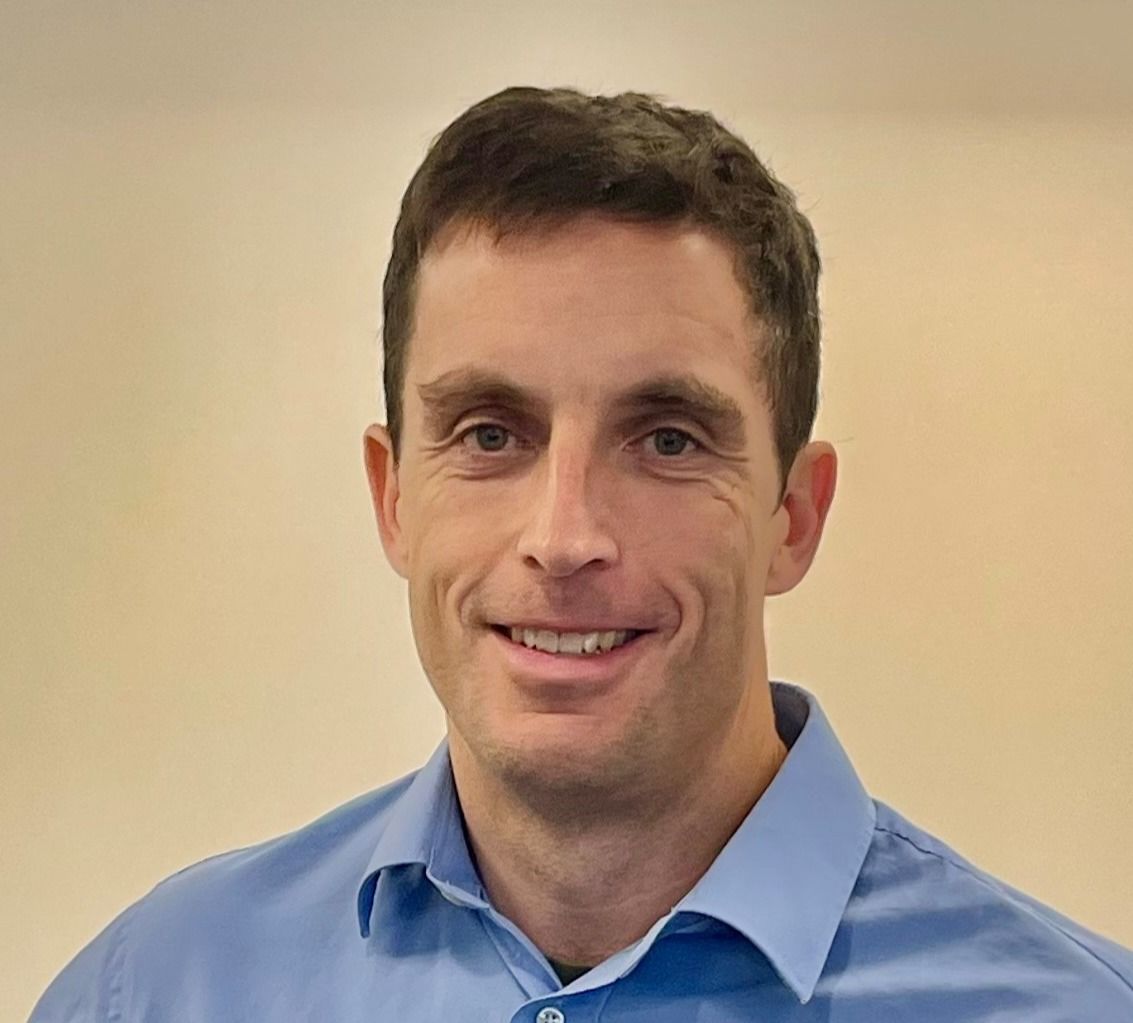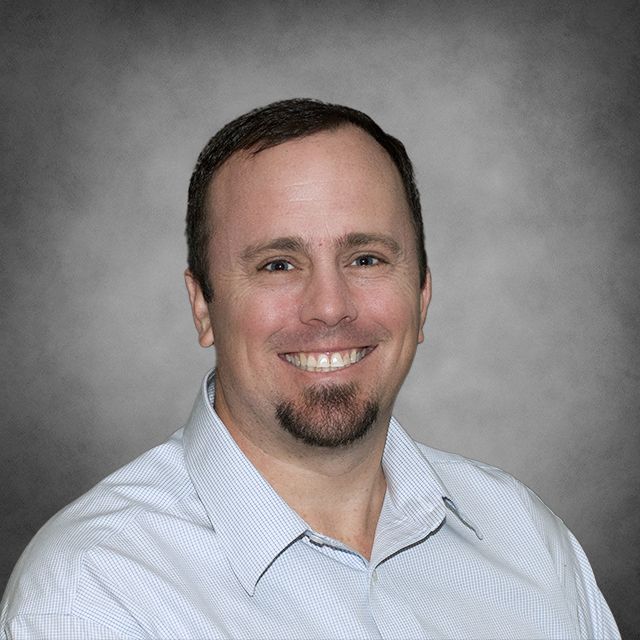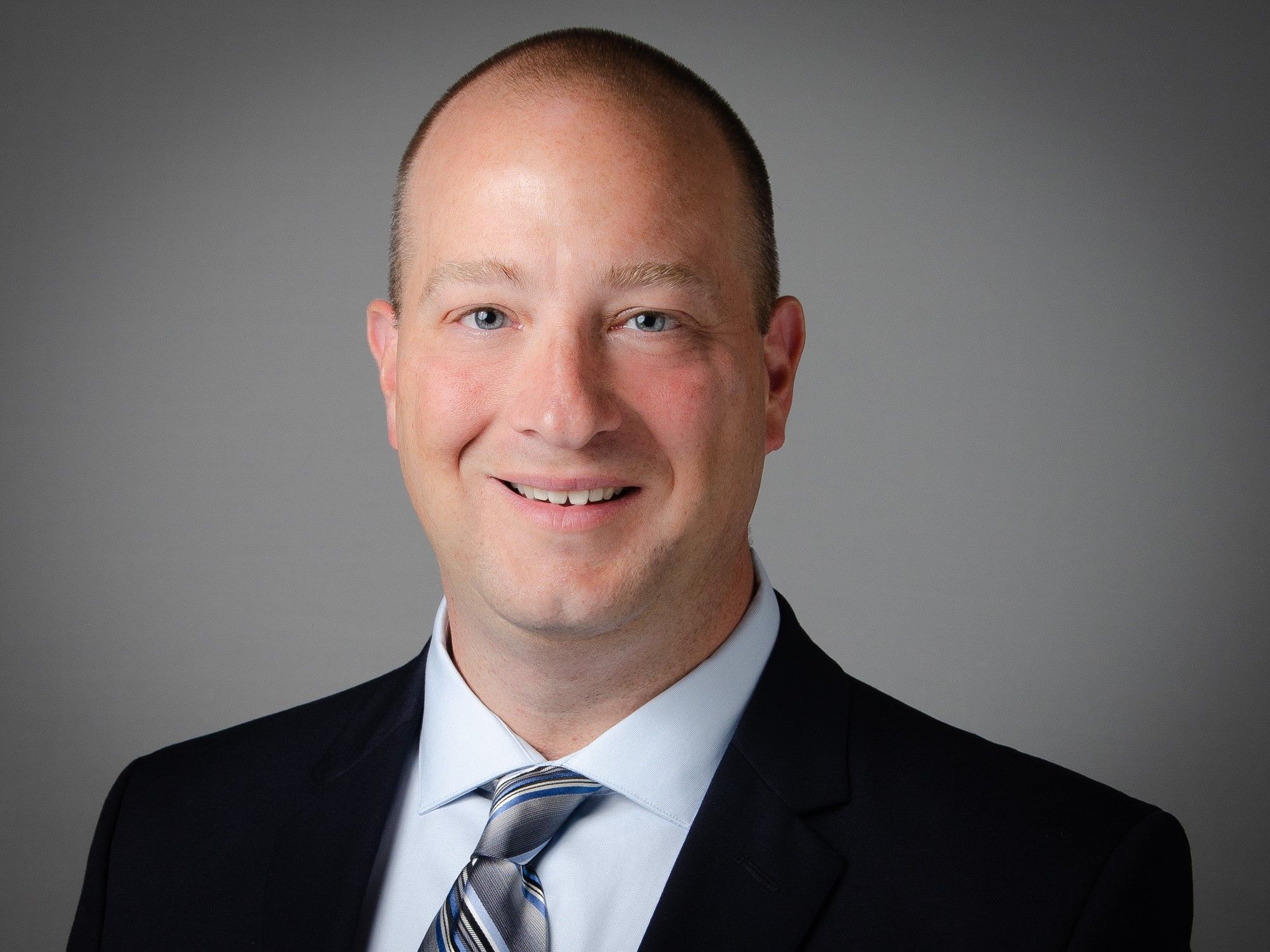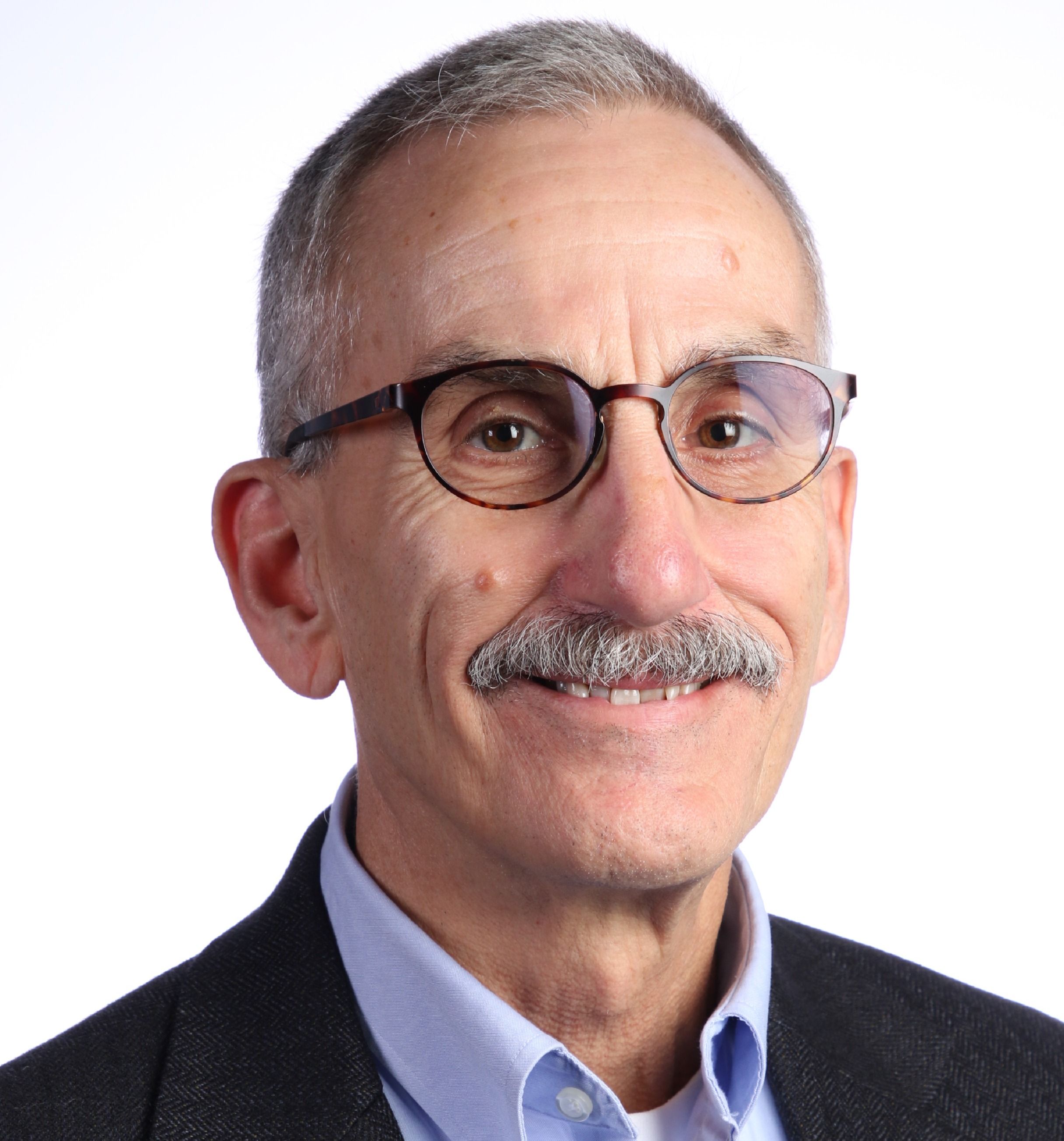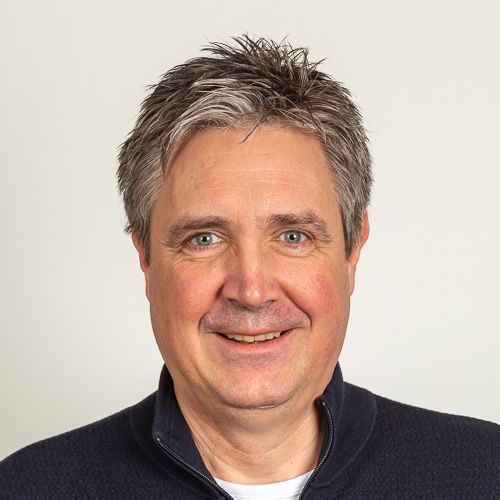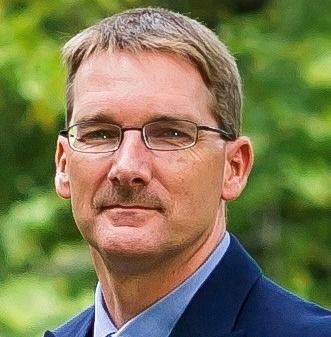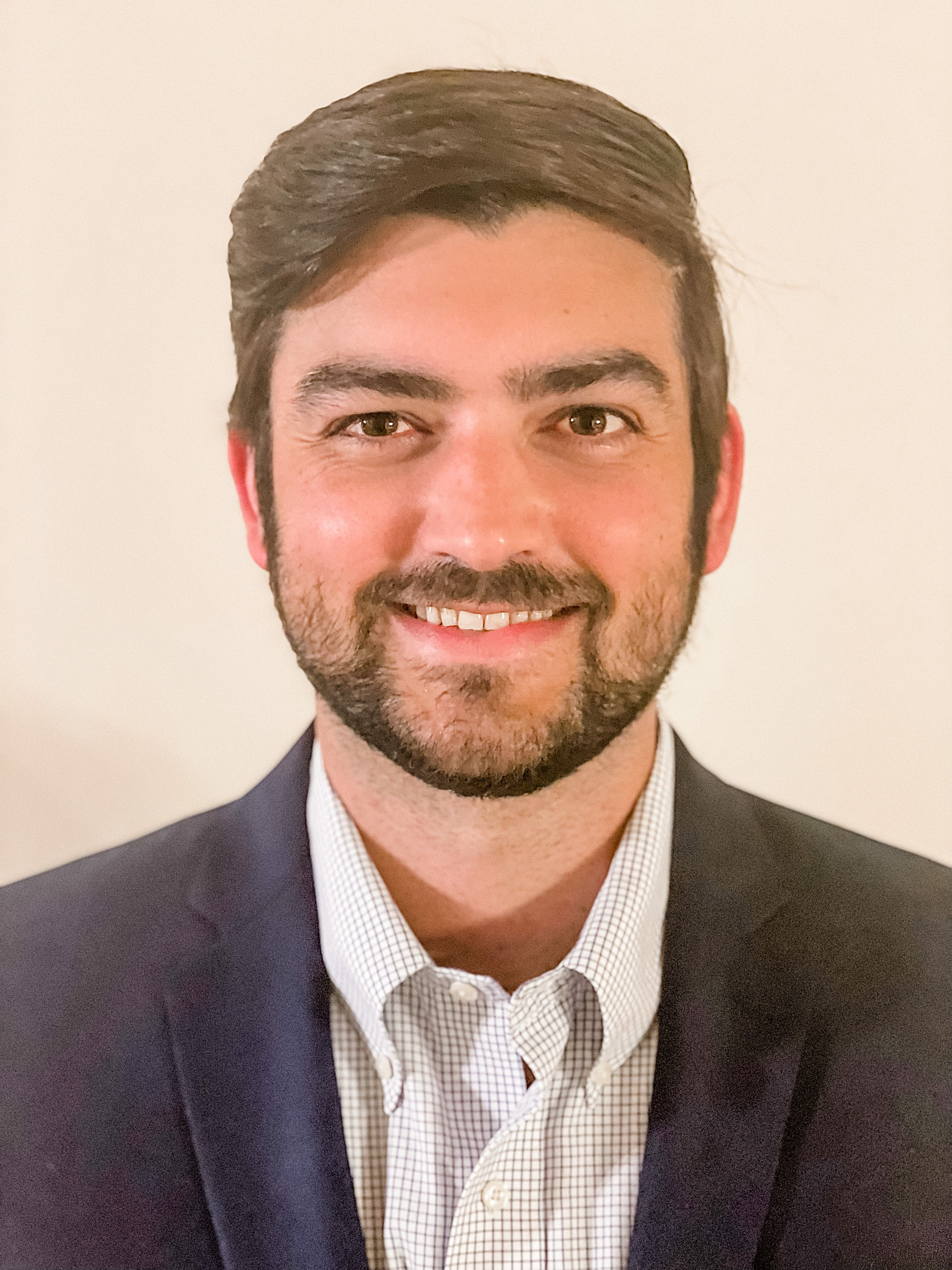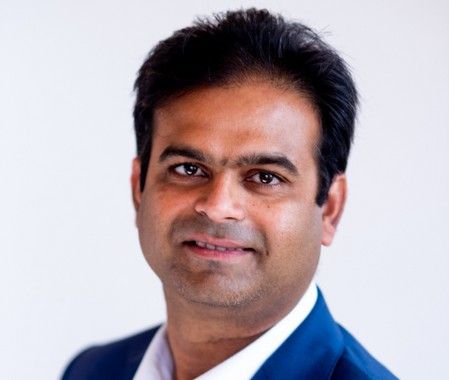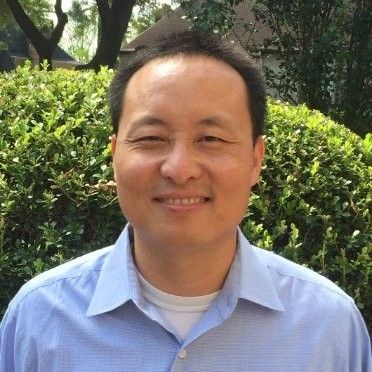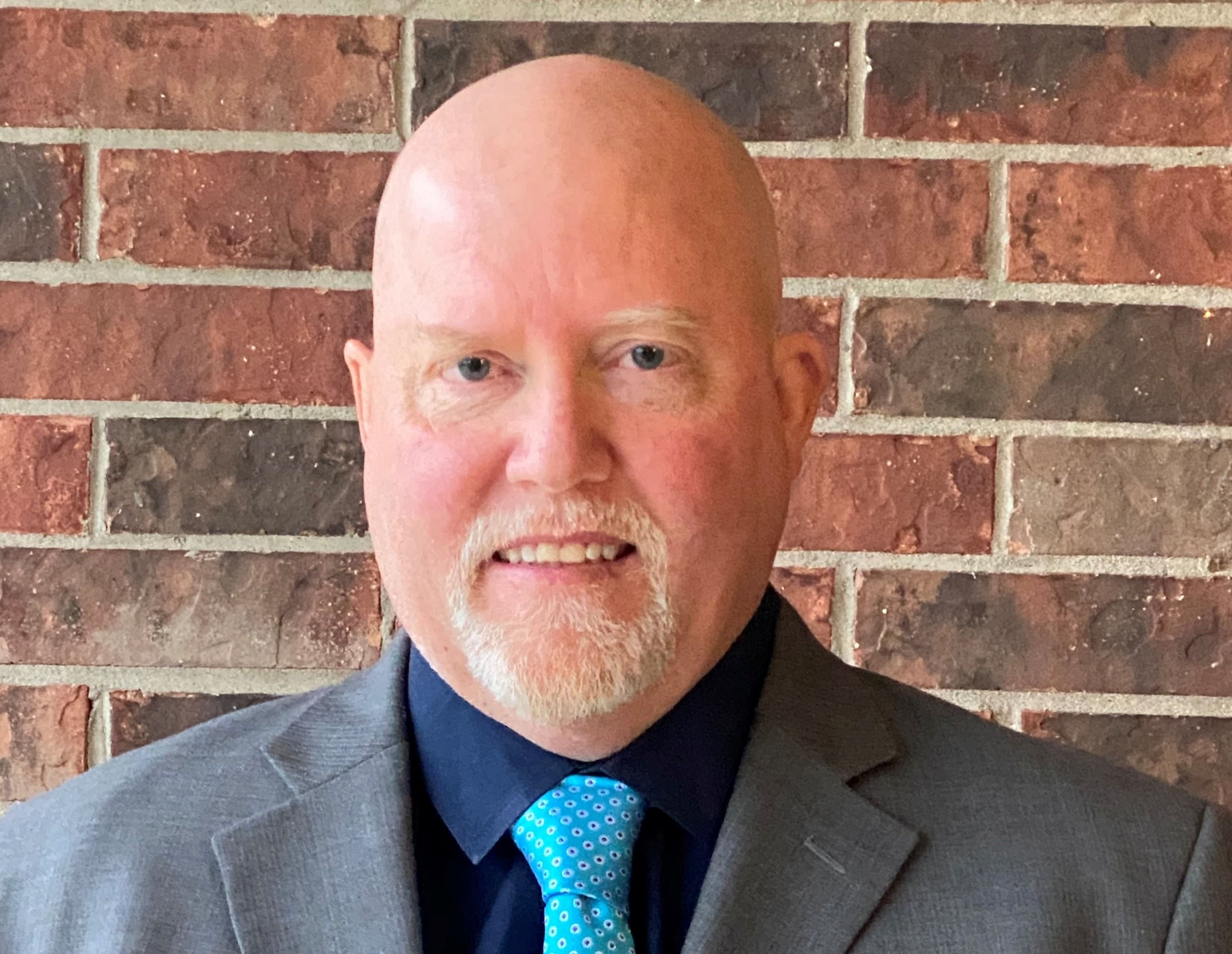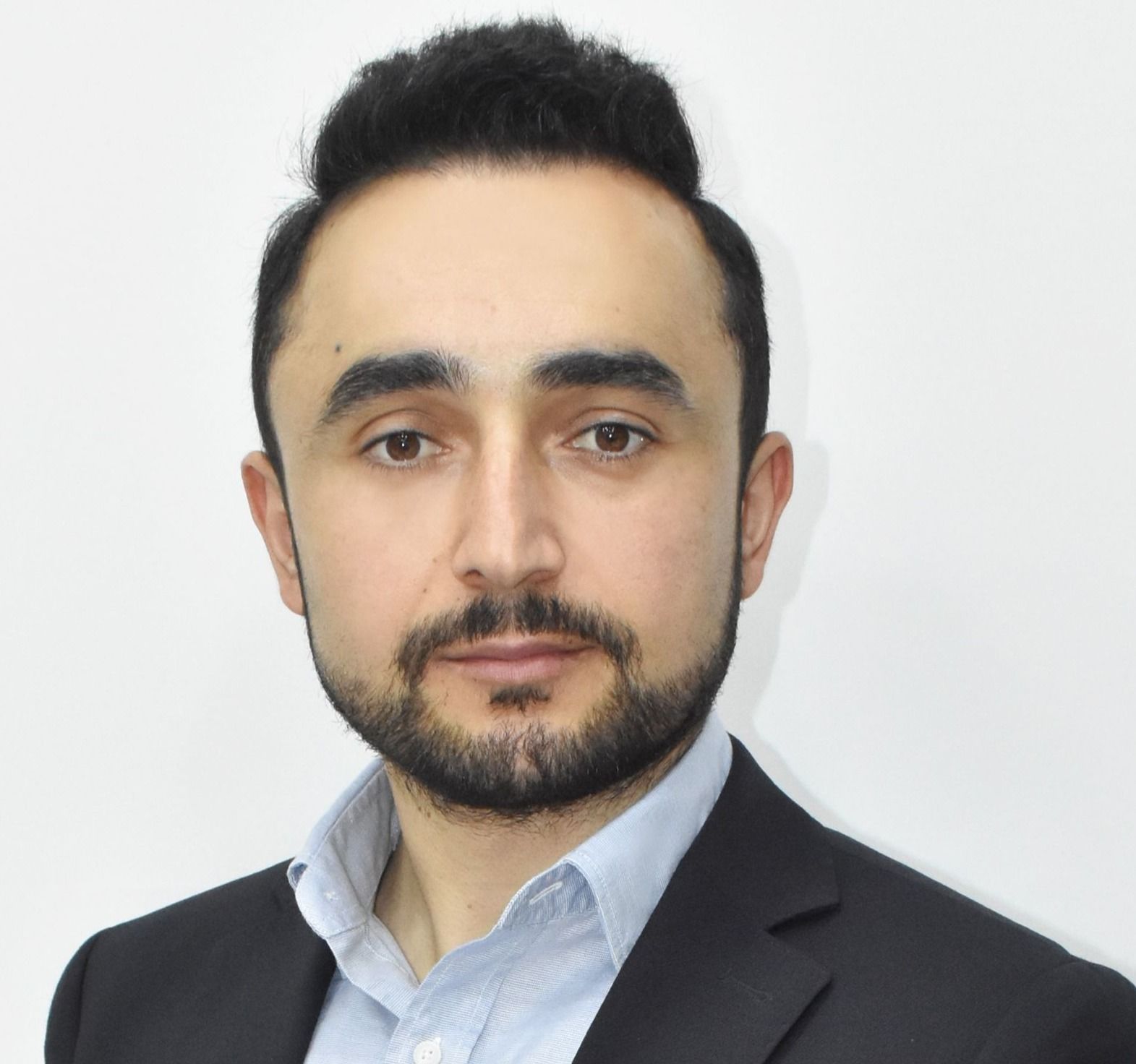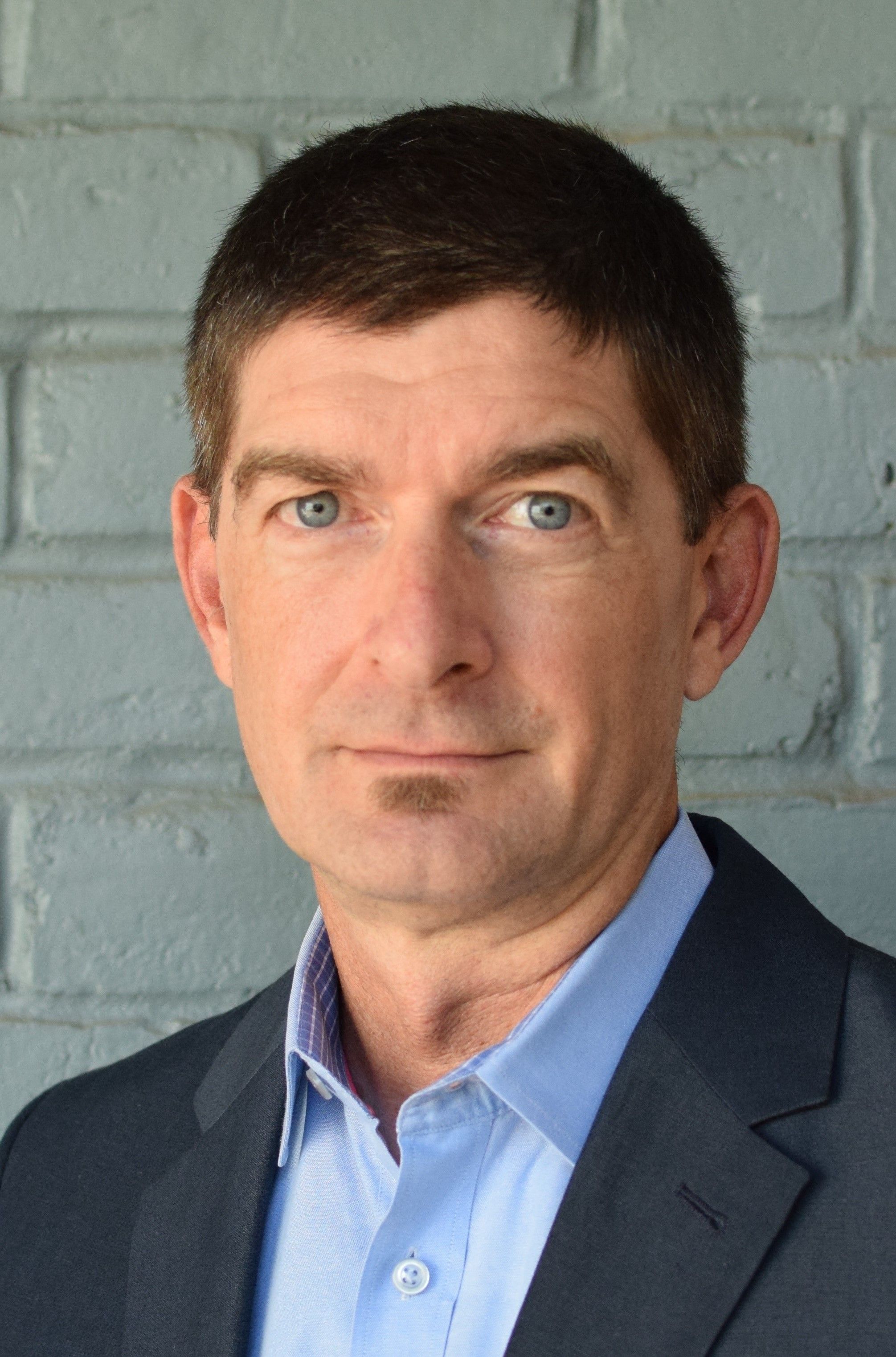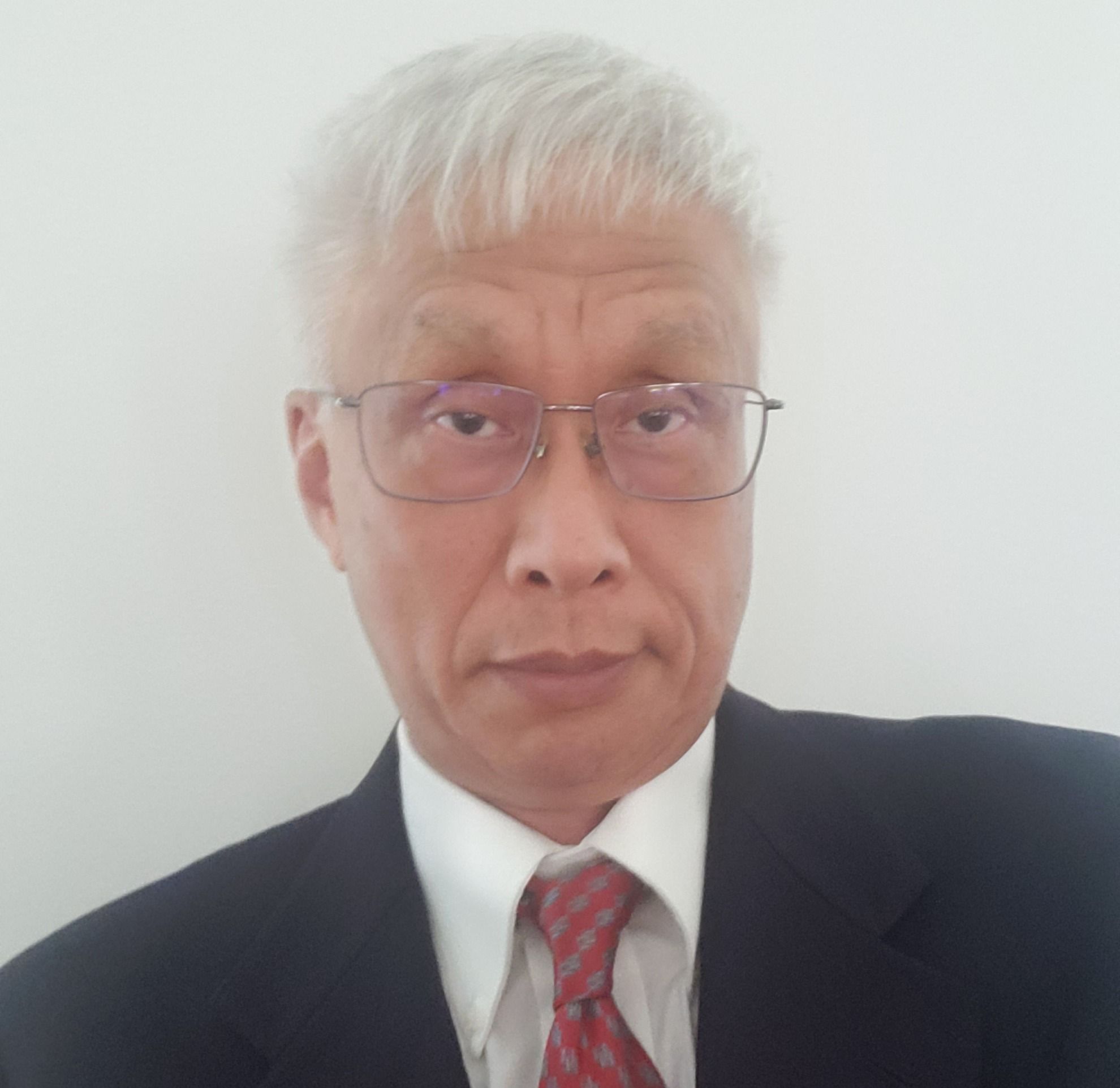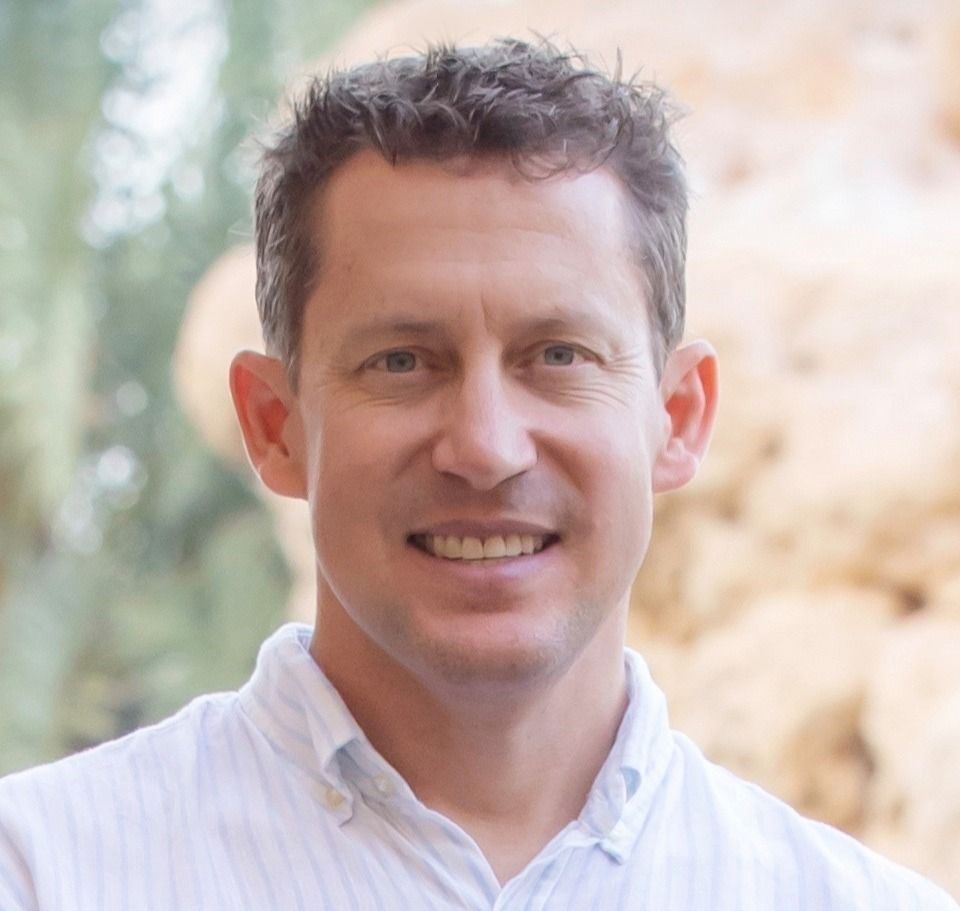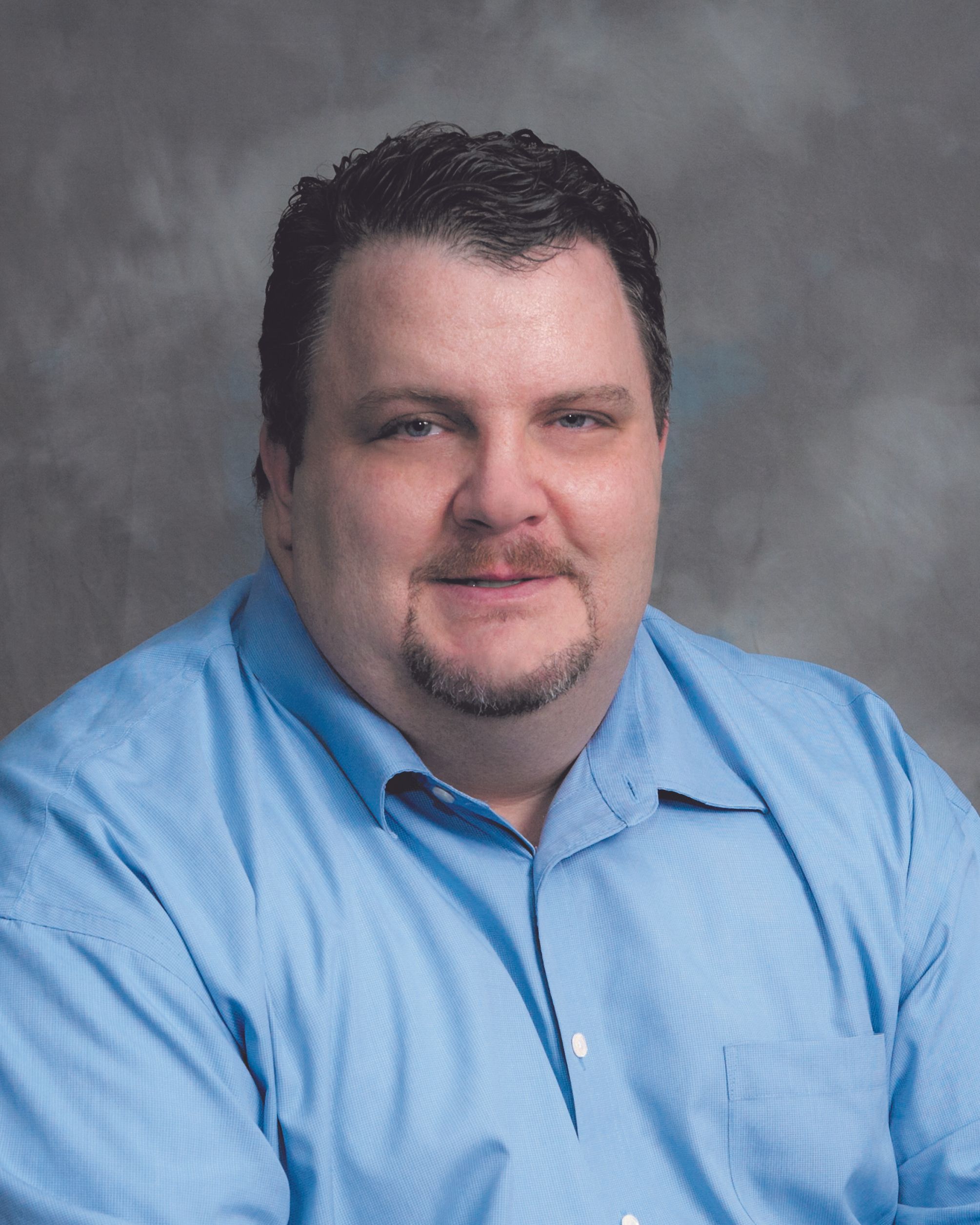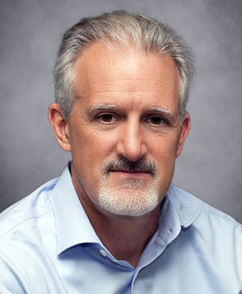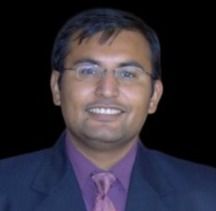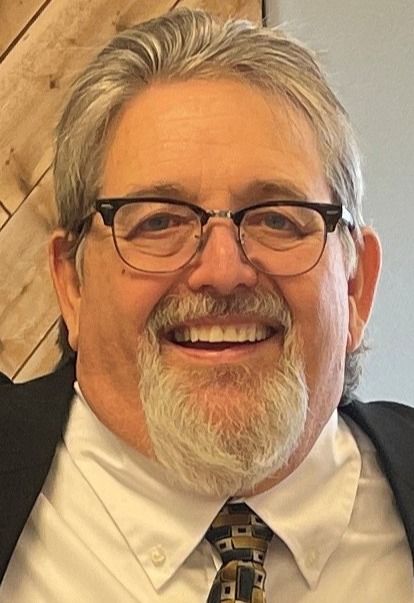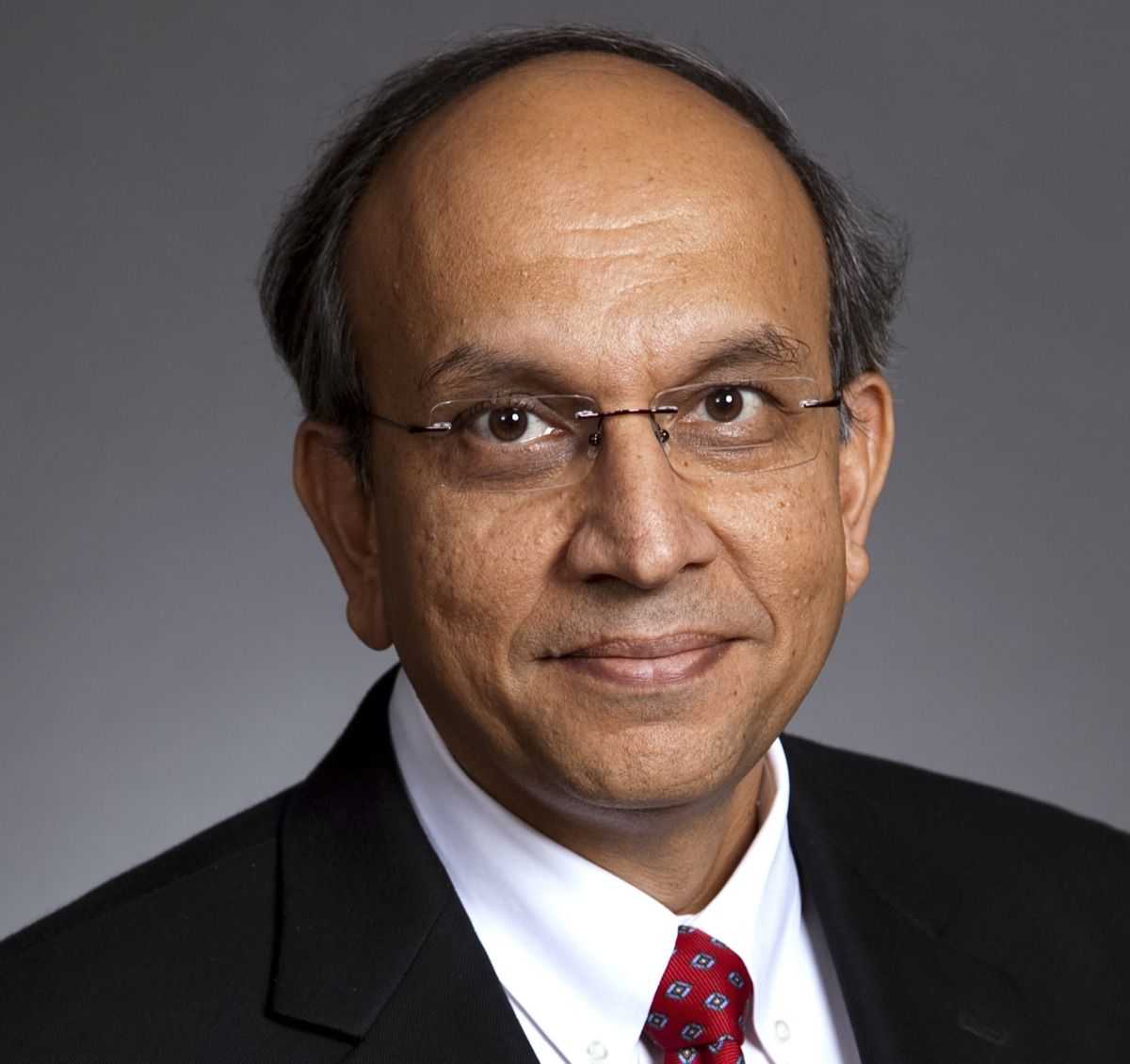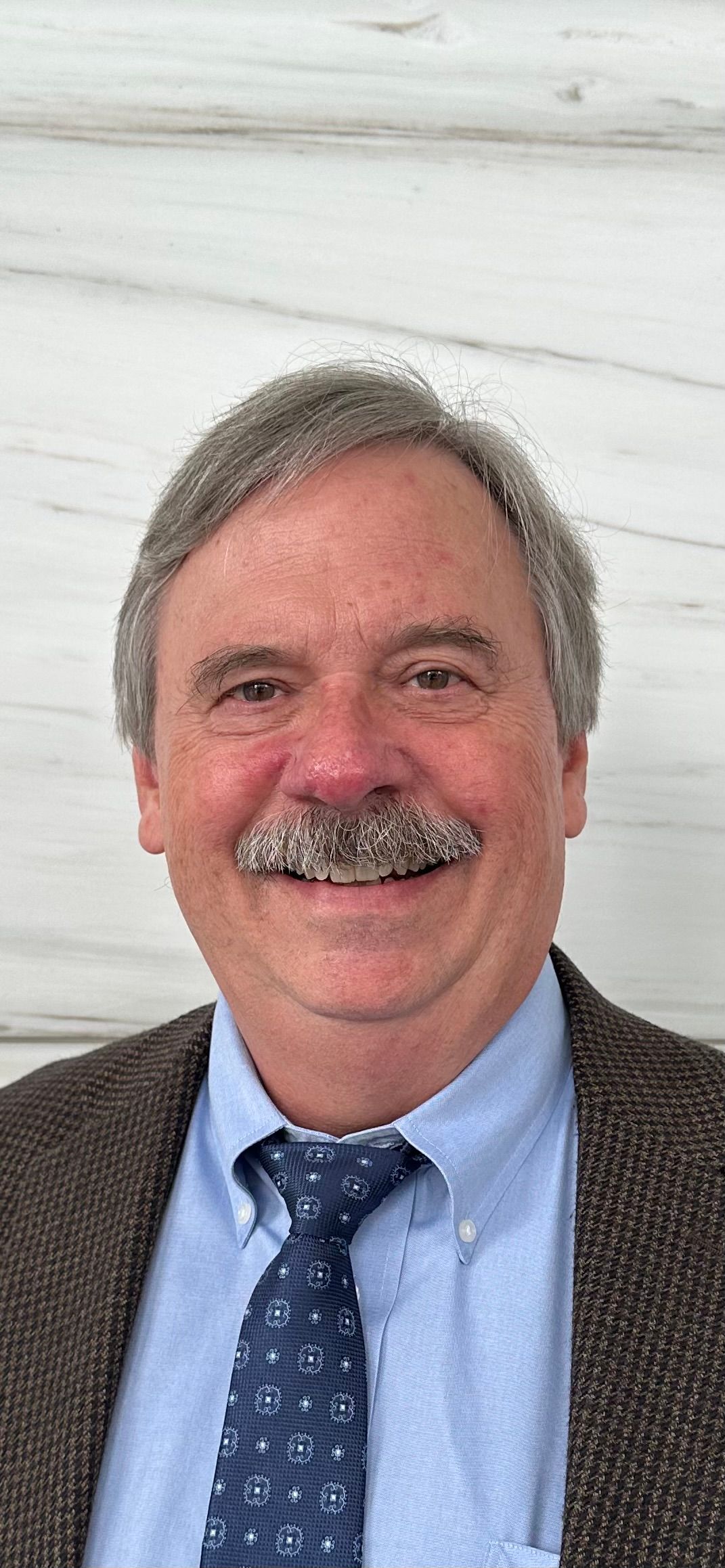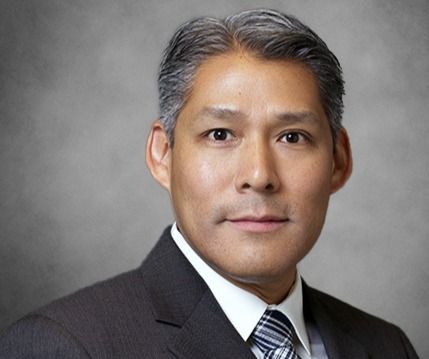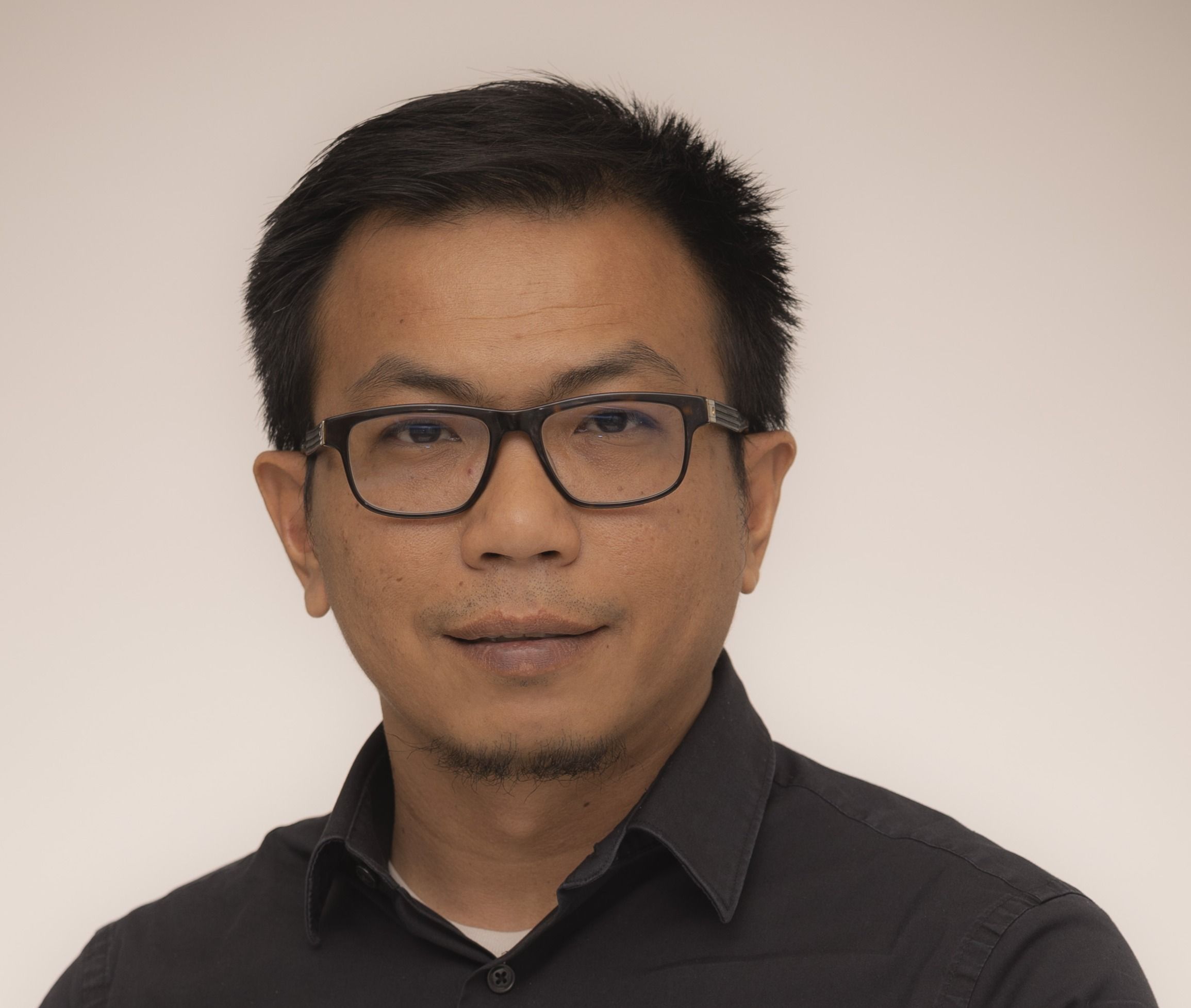Technical Program
-
60 mins
-
Grand Ballroom Foyer60 mins
-
Grand Ballroom A/B30 mins
-
Grand Ballroom A/B210 mins
This grounding session will establish the high-level groundwork for the remainder of the forum sessions. Three operators will discuss their current challenges in economically completing small-volume pool reservoirs, completing multi-zone sands with differential depletion, and managing water and/or gas along with low-rate targets.
Session Managers
-
Grand Ballroom Foyer30 mins
-
60 mins
-
240 mins
Brownfield developments present growing challenges for open-hole completions, including reduced pressure margins, thinning reservoirs, and stricter economic constraints. This session will explore how advancements such as inflow control, multilaterals, improved completion design, and downhole monitoring are enabling longer intervals, better reservoir contact, and more effective placement in complex brownfield environments.
Session Managers
-
Grand Ballroom Foyer30 mins
-
Poolside90 mins
-
60 mins
-
Grand Ballroom A/B240 mins
This session explores innovative thru-tubing remedial solutions tailored for brownfield and depleted reservoirs. We’ll examine gravel pack and screening methodologies for candidate selection, sand retention testing techniques, production evaluation and erosion modeling—both physical and computational fluid dynamics (CFD)-based—to evaluate performance, productivity, and longevity. Case studies and field learnings will highlight practical deployment strategies and lessons learned.
Session Managers
-
Grand Ballroom Foyer30 mins
-
240 mins
-
Grand Ballroom A/B240 mins
Brownfields aren't the cool kid anymore and showcase a deteriorating landscape of equipment, production, and flow assurance issues, and may be a black hole for internal rate of return (IRR). But there is a significant amount of resource potential in these fields, so finding novel solutions to limit sanding issues and production impairment, even for short well life possibilities, can breed excitement into an "afterthought" asset. Session 3 will cover cased hole categories in the brownfield environment, where common issues will be brought up, high-graded for discussion, and potential solutions analyzed.
Session ManagersDiscussion Leaders
-
30 mins
-
60 mins
-
Grand Ballroom A/B240 mins
In mature and/or depleted fields, trade-offs between reliability and economic feasibility of sand control technologies are at the forefront of asset development discussions. Systems that are technically simpler to deploy and install typically result in lower cost and are thus favorable to project investment decisions, but may introduce significant risk if applied outside known reliability limits. These systems may require more advanced, application-specific qualification approaches to ensure technologies are fit-for-purpose and risk. This session will explore these topics in detail with the objective of better understanding the role of lower-cost sand control techniques in future brownfield developments.
Session Managers
-
Grand Ballroom Foyer30 mins
-
60 mins
-
Grand Ballroom A/B240 minsThis session explores novel techniques for sand control for both new and existing methods along with application of AI/machine learning for sand control techniques and job execution or autonomous control. Recent or new field trials and lab-proven methods that require field testing will also be discussed.Session Managers
-
Grand Ballroom Foyer30 mins
-
150 mins
-
60 mins
-
Grand Ballroom A/B240 minsIn mature and/or depleted fields, trade-offs between reliability and economic feasibility of sand control technologies are at the forefront of asset development discussions. Systems that are technically simpler to deploy and install typically result in lower cost and are thus favorable to project investment decisions, but may introduce significant risk if applied outside known reliability limits. These systems may require more advanced, application-specific qualification approaches to ensure technologies are fit-for-purpose and risk. This session will explore these topics in detail with the objective of better understanding the role of lower cost sand control techniques in future brownfield developments.
Session Managers
-
Grand Ballroom Foyer30 mins


